韩国贸易、工业和能源部(Motie)已经制定具体的规则,且要求太阳能发电项目在确定新装设备的优先顺序时将碳足迹纳入考量。
继去年3月份韩国政府宣布打算评估太阳能电池板的碳足迹,且近几个月来就这一提议征求了行业代表的意见之后,Motie制定了这部将于6月15日开始生效的新法规。
韩国将采用符合KS I ISO 14040韩国标准的晶体硅组件环境影响生命周期评估(LCA)进行碳足迹评估——包括国内及进口产品。
新规则将与法国的规则相呼应:法国大规模太阳能招标将低碳制造考虑在内,同时还考虑开发商同意接受电力价格。与法国一样,韩国也具备广泛的核能发电能力,这将有助于国内太阳能电池板制造商实现低碳环保。
Motie在一月份公布的数据中反驳了媒体的说法,即中国电池板制造商一直在大肆侵蚀韩国太阳能制造商的市场份额。据政府部门透露,韩国太阳能公司在2016年提供了全国约72%的光伏电池板,这一比例在次年达到73.5%,2018年为72.5%,去年为78.7%。而Motie的数据表明,同一时期中国电池板在韩国市场上的占比分别从28%降至26.5%、27.5%和21.3%。
当时,韩国政府指出:“该报告称中国企业主导[韩国]光伏市场的说法不实。”
This content is protected by copyright and may not be reused. If you want to cooperate with us and would like to reuse some of our content, please contact: editors@pv-magazine.com.





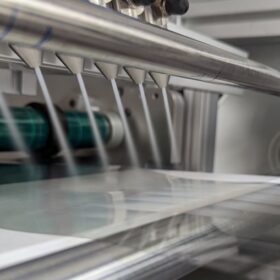
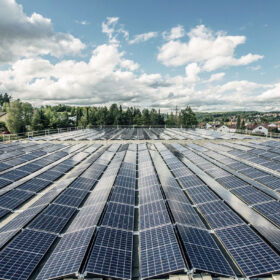
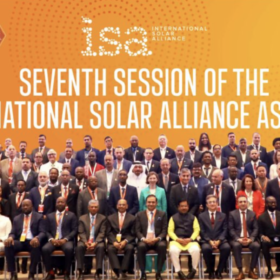
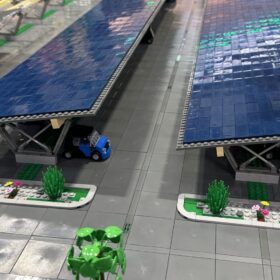
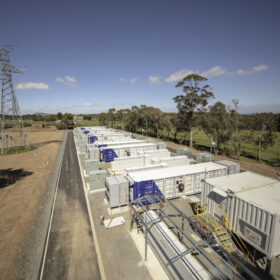
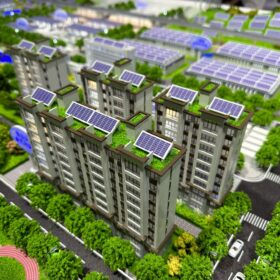

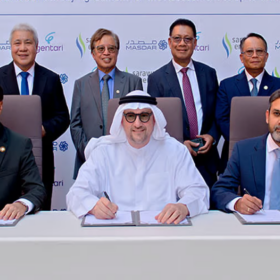
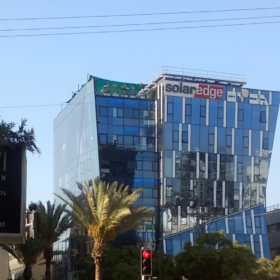
By submitting this form you agree to pv magazine using your data for the purposes of publishing your comment.
Your personal data will only be disclosed or otherwise transmitted to third parties for the purposes of spam filtering or if this is necessary for technical maintenance of the website. Any other transfer to third parties will not take place unless this is justified on the basis of applicable data protection regulations or if pv magazine is legally obliged to do so.
You may revoke this consent at any time with effect for the future, in which case your personal data will be deleted immediately. Otherwise, your data will be deleted if pv magazine has processed your request or the purpose of data storage is fulfilled.
Further information on data privacy can be found in our Data Protection Policy.